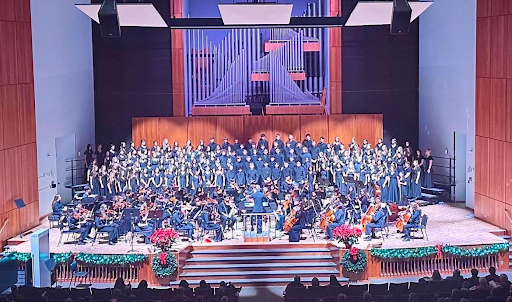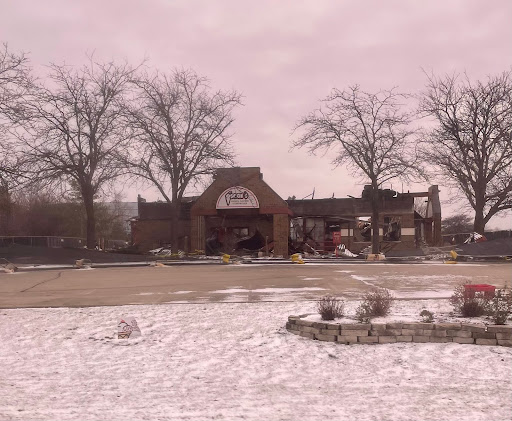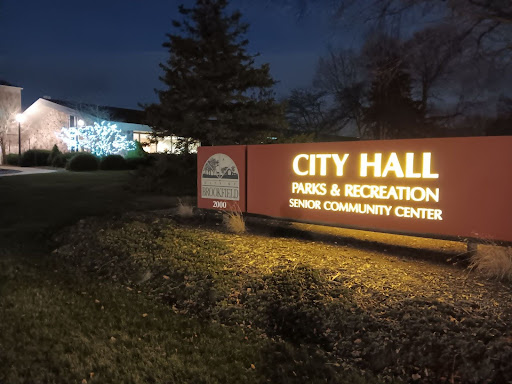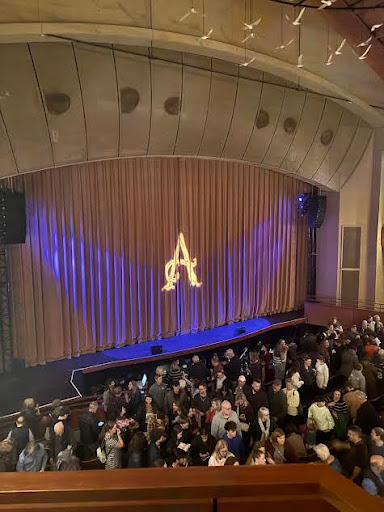On April 17, 2024, amidst a federal congressional hearing of Columbia University President Nemat Sfahik regarding allegations of antisemitic statements, hundreds of students gathered in the center of the school campus to form a “Gaza Solidarity Encampment.” For the next few weeks, the heat surrounding the university only continued to grow as the masses of protesting students and the local police forces remained locked in a state of high tensions.
These protests are also spreading outside of Columbia. According to an article written by Axios, “more than 2,950 people have been at pro-Palestinian protests on at least 61 college campuses across the U.S. in recent weeks.” Centuries of conflict have climaxed to this point, and tensions are at an all time high as more students join the groups of protestors in Columbia.
But what are the students’ goals in performing these protests? The Columbia Students for Justice in Palestine (ColumbiaSJP) made its stance on the matter very clear in this post. Accompanying the picture of a parallel between 1968 protests in the university about the Vietnam War and current day protests is the following phrase: “We demand divestment and an end to Columbia’s complicity in genocide.” Another group, the BC/CU Jewish Voice for Peace, expresses similar strong beliefs to the ColumbiaSJP in a post with a caption that reads, “We will not rest until Columbia divests, and we will not take our eyes off Palestine.” As indicated by the feelings expressed in these posts, students are protesting for Columbia to withdraw from any investment agreements with Israel-affiliated companies, which means that the university would be cutting ties with all Israel-based funding sources. Additionally, the coalition of student groups wants Columbia to acknowledge that they have been bystanders in the ongoing genocide of Palestinians by Israel, and that the university should step in and do something about it.
In response to this, one may ask: what has the university done in response to the protests? For starters, local police departments have been deployed to combat the roaring crowds of protesters as a warning to students that if they do not back down, they will face suspension and possibly expulsion from the school. Additionally, President Shafik, as quoted in an article by Fox 5 New York News, strongly expresses her perspective on the situation by saying that “antisemitism has no place on our campus, and I am personally committed to doing everything I can to confront it directly.” Additionally, in an article by Reuters, President Shafik promised the students that she would “invest in health and education in Gaza and make Columbia’s direct investment holdings more transparent.”
But while each side is attempting their best to compromise with the other, the struggle continues as according to City & State New York, “Nearly 2,000 people protesting on U.S. campuses have been arrested since the April 18 police crackdown on the encampment at Columbia University.” This clearly showcases the level of animosity held between both sides, and is a sign that circumstances are not looking to improve much in the coming days.
Perhaps the group of students most affected by the whole ordeal is the graduating class of 2024. Due to the ongoing affairs, the remainder of Columbia University’s school year will be held online and the main commencement ceremony has been canceled for security reasons. While smaller graduation ceremonies will be held across the university for different fields of study, this class group will be hit with a familiar feeling from 2020 as they exit the university in a similar fashion.





